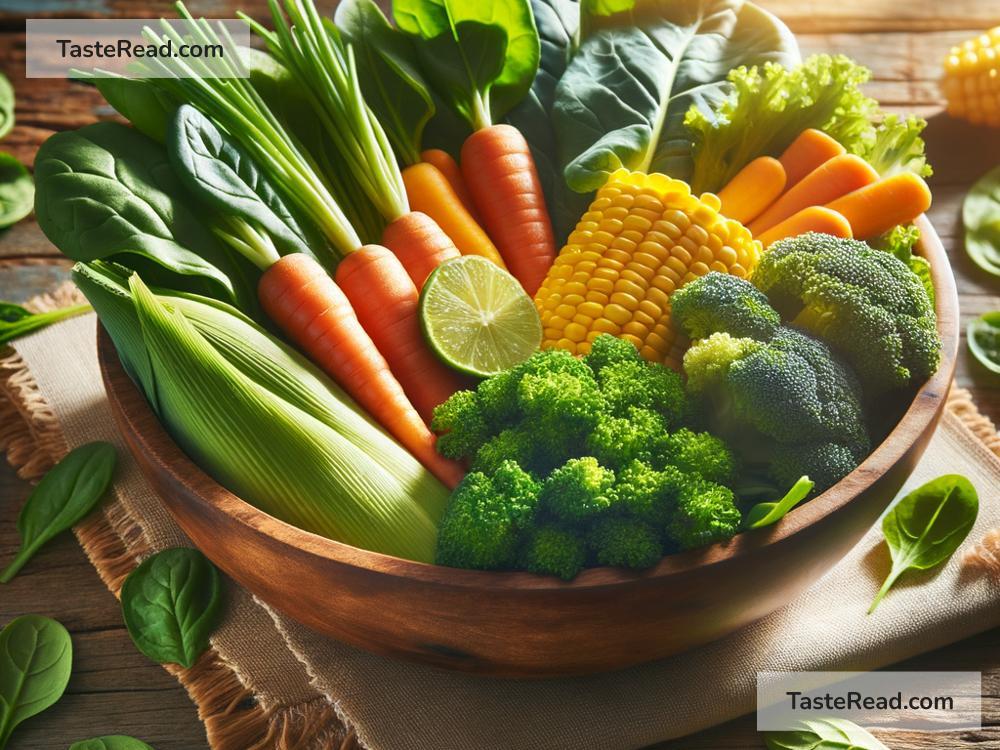Understanding the Role of Lutein in Eye Health
When it comes to keeping your eyes healthy, you’ve probably heard of lutein. But what exactly is it, and why is it so important for your vision? Let’s dive into what lutein is, how it works, and why including it in your diet can make a big difference in protecting your eyes.
What is Lutein?
Lutein is a type of antioxidant known as a carotenoid. Carotenoids are natural pigments found in fruits, vegetables, and other plants. These compounds are responsible for the bright yellow, orange, and green colors in many foods. They also play essential roles in human health, especially when it comes to your eyes.
Lutein is often nicknamed the “eye vitamin” because it focuses its benefits on your vision. It’s highly concentrated in a part of the eye called the macula, which is located at the center of your retina. The macula helps you see fine details and sharp images, so keeping it healthy is vital for good eyesight.
How Lutein Protects the Eyes
Your eyes are exposed to light every day, whether it’s from the sun, screens, or artificial lighting. Over time, this exposure can cause damage to the delicate structures in your eyes and lead to problems like blurred vision or eye strain.
Lutein acts like a natural shield for your eyes. It absorbs harmful blue light—a type of high-energy light that can strain your eyes and damage cells over time. Think of lutein as sunglasses for your macula. By filtering out blue light, lutein reduces the risk of oxidative stress and helps prevent long-term damage to your vision.
Another reason lutein is so important is its ability to fight free radicals. Free radicals are unstable molecules that can hurt your cells, including those in your eyes. Because lutein is an antioxidant, it protects your cells from this type of damage, keeping your eyes healthier for longer.
Lutein and Age-Related Eye Problems
As we get older, our eyes naturally change, and the risks of developing eye problems increase. Two common age-related issues are cataracts and age-related macular degeneration (AMD). Here’s how lutein can help:
-
Preventing Cataracts: A cataract is when the lens of your eye becomes cloudy, which can make your vision blurry. Studies suggest that antioxidants like lutein may help prevent the formation of cataracts by reducing oxidative stress in the lenses of your eyes.
-
Protecting Against AMD: AMD is a condition that damages the macula and can lead to central vision loss, making it hard to see details clearly. Lutein supports the health of the macula, lowering the risk of AMD progression and helping you maintain sharper vision as you age.
By building up enough lutein in your system, you give your eyes the tools they need to fight off these age-related challenges.
How to Get Lutein from Your Diet
Your body can’t make lutein on its own, which means you need to get it through the foods you eat. The good news is that lutein is found in a wide variety of delicious and healthy foods. Here are some top sources of lutein:
- Leafy greens: Spinach, kale, collards, and Swiss chard are packed with lutein. These are some of the best foods for eye health, so adding them to your meals is always a good idea.
- Egg yolks: Eggs are another great dietary source of lutein. Egg yolks might not have as much lutein as leafy greens, but the lutein in eggs is easier for your body to absorb.
- Colorful vegetables: Foods like corn, zucchini, broccoli, and peas also contain lutein. Their vibrant colors make them not only nutritious but also appealing to eat.
- Fruits: Some fruits, like oranges, kiwi, and grapes, provide smaller amounts of lutein to round out your intake.
To maximize the benefits, try combining foods rich in lutein with healthy fats, like olive oil or avocado. Lutein is fat-soluble, which means your body absorbs it better when paired with fat.
Should You Take Lutein Supplements?
If you struggle to get enough lutein from your diet, you can turn to supplements. Many eye health vitamins contain lutein, often paired with another carotenoid called zeaxanthin, which also supports vision. Together, these nutrients offer even more protection for your eyes.
However, it’s always best to talk to your doctor before starting any supplements. They can help you decide if supplements are right for you and ensure you’re taking the correct dose.
Additional Tips for Eye Health
Adding lutein to your diet is a great step, but overall eye care involves a few more practices. Here are a few tips to keep your vision in top shape:
– Wear sunglasses to protect your eyes from UV rays and blue light.
– Rest your eyes, especially if you work in front of a screen all day.
– Stay hydrated to maintain proper eye lubrication.
– Get regular eye check-ups to catch problems early.
Conclusion
Lutein plays a vital role in protecting your eyes from damage and supporting your vision as you age. By including lutein-rich foods in your diet, you can give your eyes the natural protection they need. Whether you’re eating leafy greens, eggs, or colorful vegetables, taking care of your eyes doesn’t have to be complicated—it’s all about making smart choices every day.
Your eyes work hard for you, so why not treat them well? A diet rich in lutein is a simple yet powerful way to keep your vision clear and strong for years to come.


